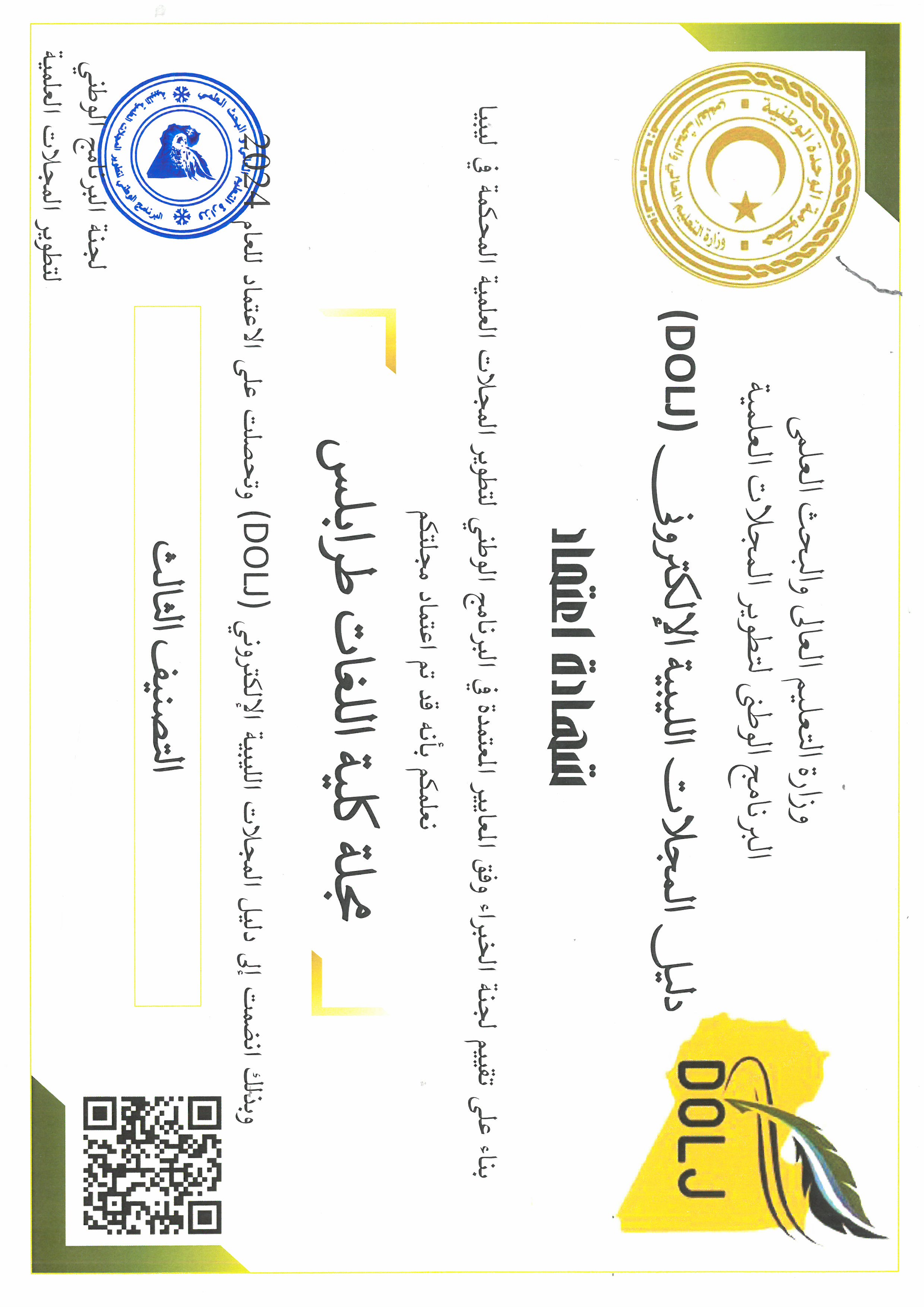Proverbs as a Socio-Linguistic Component of Language and Culture
DOI :
https://doi.org/10.56592/flj.v1iخاص.749Mots-clés :
proverb, language, culture, literature, civilization, valueRésumé
Proverbs are often metaphorical and belong to popular wisdom. They are used in situations that invite reflection and serve as rules of conduct or precepts. They are usually used in everyday spoken language and are related to such other forms of folkloric literature as riddles and fables that have originated in oral tradition. They are mostly expressed in simple grammar and vocabulary. Proverbs are as old as people and civilization, and that is why the study of proverbs is as old as history. Proverbs are short sentences expressing an experience or a truth based on common sense. They represent the public wisdom that is inherited from one generation to another. People short so that they can memorize them at different occasions. All cultures have their own proverbs. Actually, they reflect certain experience that they may contain vocabulary, which is special for a specific society. However, they may be shared and studied by specialists. The study recommends that proverbs be collected and studied academically for their importance. It also recommends including proverbs in school course-books.

 https://orcid.org/0009-0002-8251-5878
https://orcid.org/0009-0002-8251-5878





